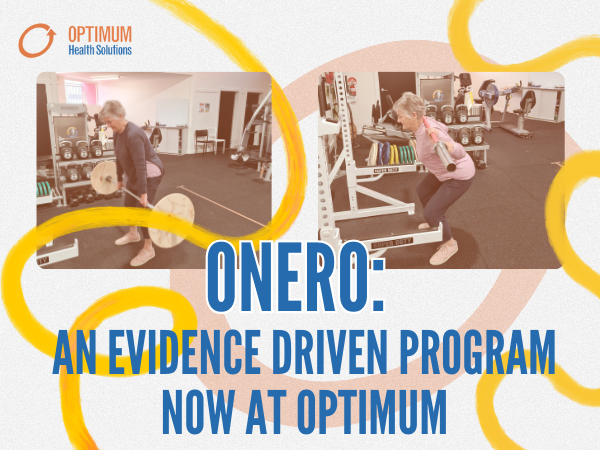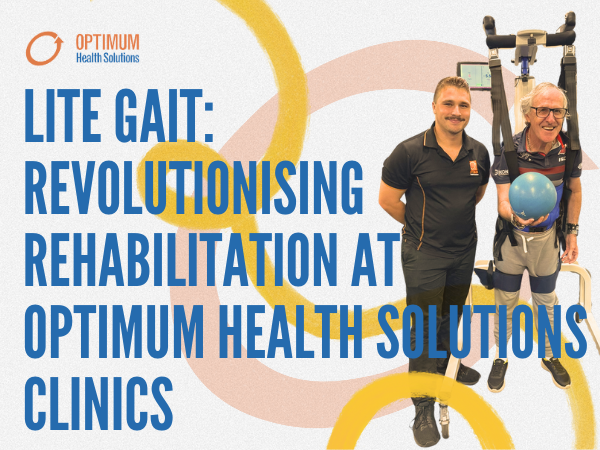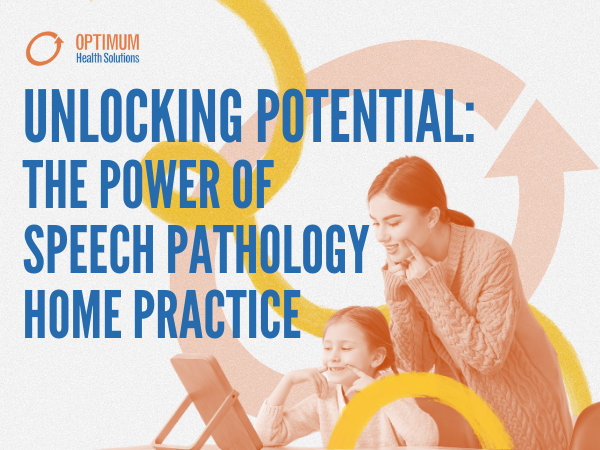When trying to lose weight, one of the most common questions asked in our clinics is “How many calories do I need?” The justification for needing to know your energy requirements seems logical – in order to lose weight, you must know how many calories you need and don’t exceed your limit. However, in truth, weight loss is never as simple as calories in and calories out.
More than just macronutrients
The food we eat is more than just macronutrients like carbohydrates, proteins and fats. The micronutrients such as vitamins, minerals, antioxidants and fatty acids play a more complex role in the way they interact with our bodies. For example, it is known that a diet high in saturated fats causes chronic low-grade inflammation in the body. This inflammation affects the way we metabolise nutrients such as carbohydrates and even the way our appetite is regulated.
Achieving weight loss is more than simply watching how much you eat.
Although counting calories would be a good start for someone with no prior nutrition knowledge to track their food intake, it would be too easy to fall into the trap of eating whatever you want as long as it fits within your daily energy goals. The important fact to know about nutrition is that it doesn’t only affect our weight, but it’s also important for our general health and wellbeing.
Achieving weight loss is more than simply watching how much you eat. It is more sustainable to monitor the types of foods you consume rather than the number of calories they contain. In fact, aiming to increase the nutrient-dense and energy-poor foods in your diet such as fruit and vegetables would be a far more effective (and less stressful) way to naturally reduce your calorie intake. Conversely, limiting the amount of highly processed foods such as soft drinks, pastries, processed meat and alcohol, which are often energy-dense and nutrient-poor, would be an easy way to cut back on hidden calories.
When should I see a Dietitian?
Consulting with an accredited practising dietitian is advised if you are looking to achieve sustainable weight loss.
Dietitians have a comprehensive understanding of how food and nutrients impact the way the body functions and they are able to provide tailored, evidence-based goals and strategies to suit your food and lifestyle preferences. They are also aware of the complexities behind your relationship with food and your body image. By understanding what really influences your food choices, dietitians are able to help you maintain long term change.








